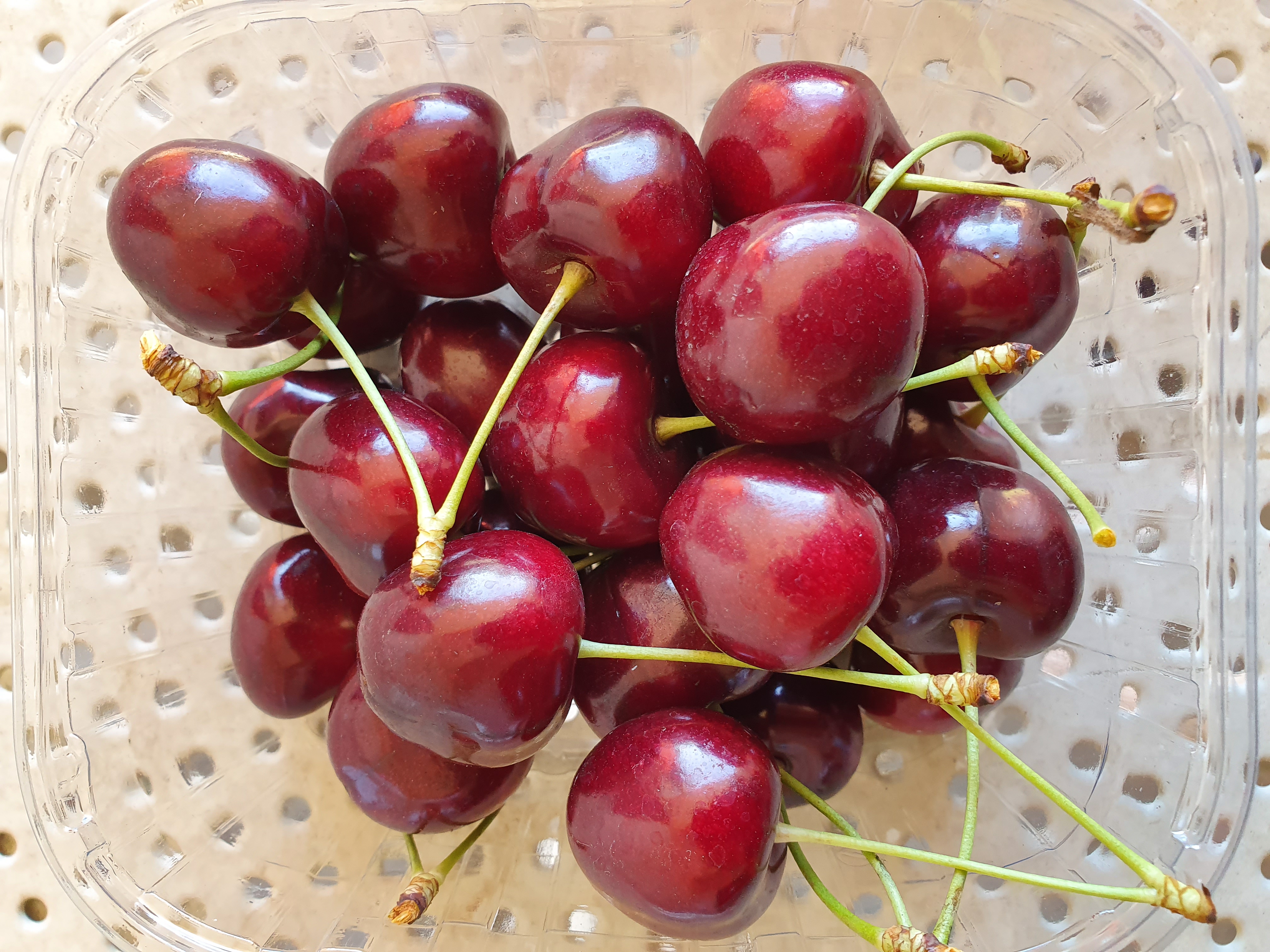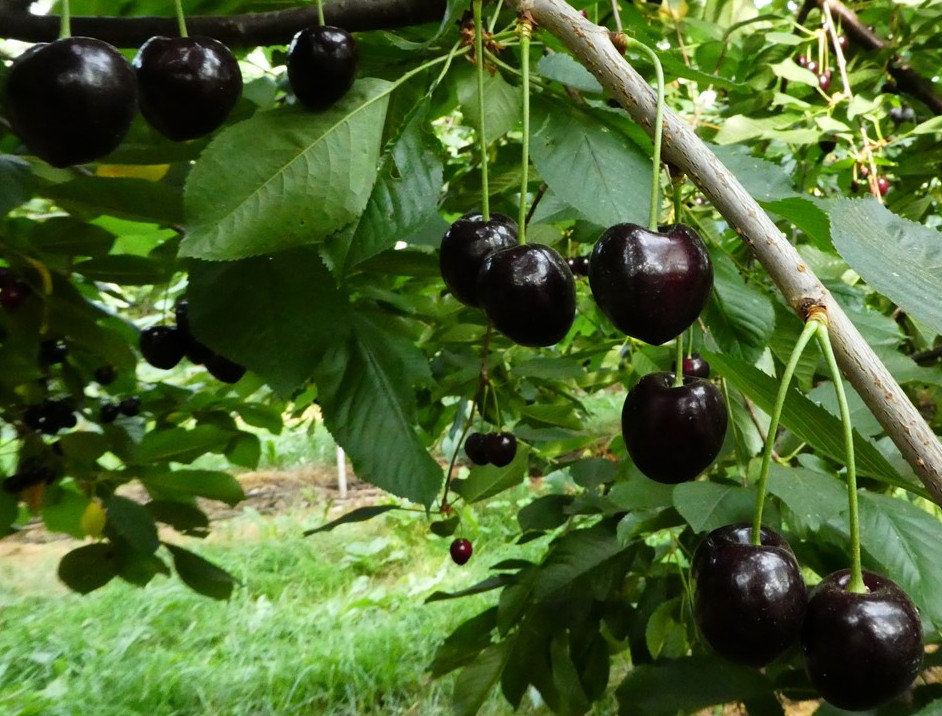The first Chilean cherries have already been shipped and sold in China. Despite arriving successfully and being well-received by importers, this season presents some challenges for the sector, especially regarding the fruit fly. As a result, some exporters will have to perform cold treatment to export their cherries.
In this context, Frutas de Chile organized the webinar "Preparing the 2024-2025 Cherry Season in the Face of Phytosanitary Challenges," during which Claudio Moore, a professional from the Agricultural and Forestry Products Section of the Phytosanitary Requirements for Export Subdepartment of the Agricultural and Livestock Service (SAG), outlined the quarantine measures for cherry export to China.
He explained that China has established a 27-kilometer radius around an area of fruit fly detection. In this regard, Moore stated that "the introduction of phytosanitary restrictions could create difficulties or alter the procedures of the regular cherry marketing process."
Export requirements
Given the current situation in the sector, it is important for producers and exporters to consider the export requirements for fruit. In this regard, Moore emphasized that a prior authorization is necessary, through an operational work plan that must be approved by SAG.
Additionally, a traceability system is mandatory to indicate the origin of the fruit within the fruit-fly-free regulated area. Moore highlighted that a responsible person must be involved in this process to keep information on the fruit’s origin up-to-date.
Another aspect to consider is that the packing facility must establish how to apply a differentiated management of fruit throughout the entire process, from reception to packing and storage of cherries.
In this context, the SAG professional explained that, in the case of storing fruit in two conditions, both from the regulated area within a 7.2-kilometer radius and from the free area, "if the fruit is awaiting packaging, it must remain in separate storage rooms for each condition."
He specified that, to package fruit from the regulated area, the packing line must undergo a sanitization and cleaning process. "For the storage of packaged batches, there are various alternatives, including the use of independent storage rooms."
He added that, in the case of fruit from different origins, cherries must be spaced one meter apart from fruit of different origins. Additionally, regulated fruit must be labeled.
Claudio Moore stated, “We must prevent the spread of the pest in Chile while providing the phytosanitary guarantees required by the destination countries to maintain Chile’s recognition as a fruit-fly-free country.”
Cold treatment for China
Erik León, an agronomist from SAG, outlined the specifics of cold treatment for exporting Chilean cherries to China. He began by explaining that it is a quarantine treatment, recognized internationally by various markets as an effective tool for controlling numerous pests, including the fruit fly.
He explained that it represents an alternative to other treatments or more restrictive measures that are also effective for controlling this pest, such as methyl bromide fumigation.
"Cold treatment involves subjecting products to low temperatures for a specified period continuously. The temperature threshold that the fruit must be exposed to and the duration of the treatment are agreed upon with the destination market, based on studies proving the treatment's effectiveness in pest control," León stated.
Step by step
During the presentation, Erik León detailed the cold treatment process. He stated that, first, pallets must be inspected for the destination market; once approved, the batch is sent for treatment at the facility. At this stage, the inspector must verify information related to the approved pallets.
The temperature of the pallets must also be checked, ideally keeping it within the range required for treatment. "It is very important for facilities to perform a pre-cooling and storage treatment of the pallets before presenting them for cold treatment, so the treatment quickly reaches the required temperature and can maintain it within the treatment range," León declared.
He explained that sensors must be inserted in the fruit at critical positions established based on the destination market. These sensors are connected to the container, allowing the recorders to capture and store the information.
A new system
Erik León specified that a year ago, a new system was implemented, developed together with Frutas de Chile, for the digital verification of sensor calibrations for cold treatments destined for China. "Last year, it was implemented successfully at the Port of Shanghai, and this year, it was agreed with Chinese customs to extend this authorization to the ports of Dalian, Shenzhen, and Nanjing."
He explained that the system includes capturing some photos of the cold treatment process, which are uploaded into the system. Subsequently, SAG, through a specific profile, validates the photos, making the record available for verification by China.
Finally, he noted that thanks to the new system, once the container arrives at its destination, it can be cleared more quickly.
"With this system, we have managed to expedite the entry of treated containers into the Chinese market," León stated.
Source: Portal Fruticola
Italian Berry - All rights reserved










